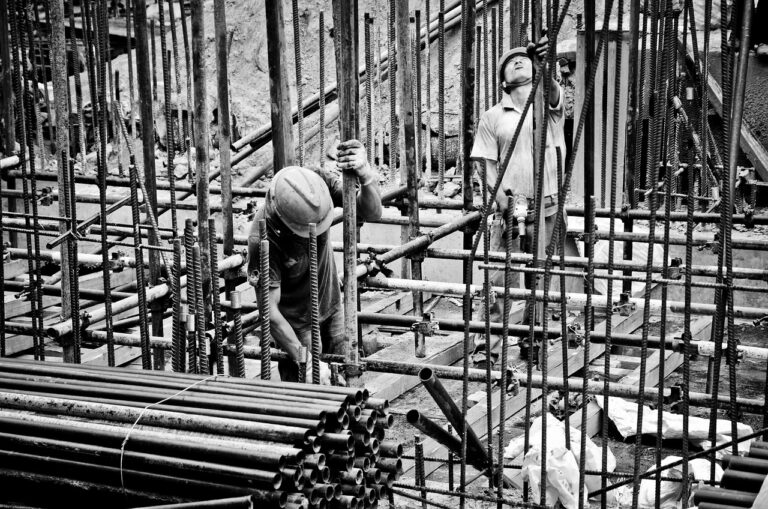fast-track schedule; (n) (obs) a construction fit-out –
where building begins with incomplete designs that are to be augmented as the building progresses
Back in the free-wheeling nineties, I recall that a fast-track schedule was commonplace. I also recall only one that finished on time, but that retail project required painful refinishing of half the stainless steel display units in the eleventh hour. It would seem the term fast-track has fallen out of industry lexicon of its own impetus.
Remember ‘Fast-track schedules? Some can, but I have heard very few who subscribed to the theory with alacrity
But it exists in theory every time a project begins without complete constructible documentation, which seems to be a ubiquitous circumstance these days. Traditionally, a fast-track schedule is negotiated where the builder is promised design deliverables in phases from the design team. There may or may not be deadlines for these issues. Without deadlines, a contractor is put at risk of bogging down, waiting for untimely sketches. .
Fast-track Fantasy
Here’s 10 reasons why, Fast-track schedules fell out of favor
- They were by-and-large an unexacting science, seldom calculated, and haphazardly prosecuted.
- They were supplanted with aggressive schedules that contractually put all the risk with builders, and no damage for delay clauses in their contracts.
- Because over-budget burdens of general conditions, overtime, expediting, et al, were costs invariably saddled with the builder.
- Fast-track-schedules became prohibitively expensive, especially when they involved Union resources doing shift-work.
- Design professionals simply couldn’t produce timely documentation. They also routinely refused to (and some still do) cooperate with CMs, builders and their CPM schedulers managing design deliverables – an oversight they resented. The result: epidemic errors and omissions.
- Projects mobilize with half-cocked documentation all the time. In this way, they are similar to fast-tracking in theory. Many builders used to more readily accept this condition with resignation as a part of doing business.
- As builders wised up, they began to protect themselves by adjusting their bids upward. Some might say “padding,” or “sandbagging,” and why not?
- Because fast-track-schedules put extra pressure on design professionals who were already challenged to produce, and likely not adequately compensated for the extra effort..
- Stakeholders are part of the design information ecosystem. When they don’t make timely decisions, the baseline schedule network becomes disrupted. Since contracts typically do little to induce stakeholders to act, stakeholders cannot easily be held liable – and neither can a designer depending on the stakeholders’ timely decisions. The cycle leads to a high rate of failure for fast-track schedules, not unnoticed by savvy stakeholders and builders.
- Complex projects that didn’t take into consideration the manufacturer’s resources and production capabilities routinely finished late. Fast-track schedules simply can’t keep pace with today’s complex technologies.
The fast-track schedule necessarily means that there will be extra shifts, trade congestion, access and coordination issues. Statistics show that all those elements contribute to fatigue, mistakes, decrease in production and quality, injuries, and fatalities. These impacts have eroded the concept of fast-track, but elements of it still exist by virtue of ubiquitous design errors and omissions.
Incomplete design deliverables necessitate – at least in some measure, fast-tracking responses by builders. Incomplete design documentation is typically not intentional. Even so, the burden of that cost should never be borne by the builder alone.
Savvy builders know how to recognize when they are roped in to a de facto fast-track project. They build in protections to safeguard against the practice – such as language added as a rider to the construction contract. Such is the necessity of doing business in a time and budget risk-laden industry. Anything short of that is just “a part of someone’s fast-track fantasy.”










